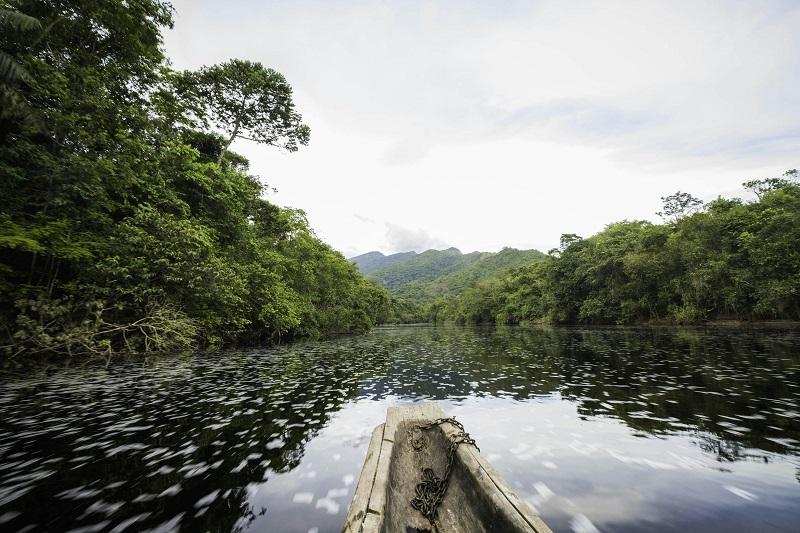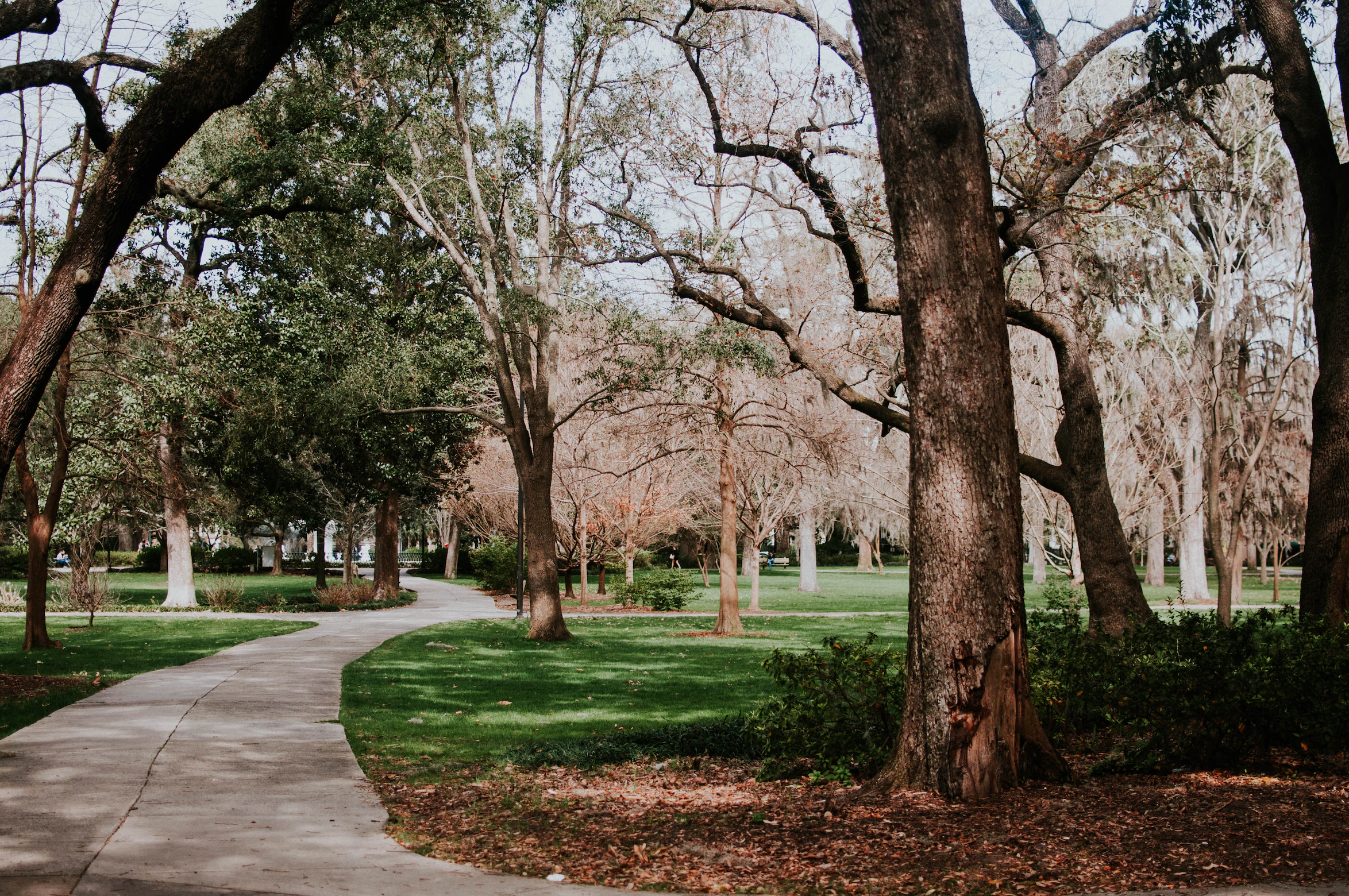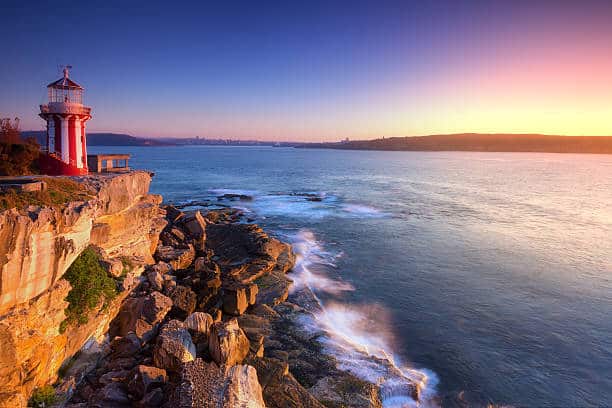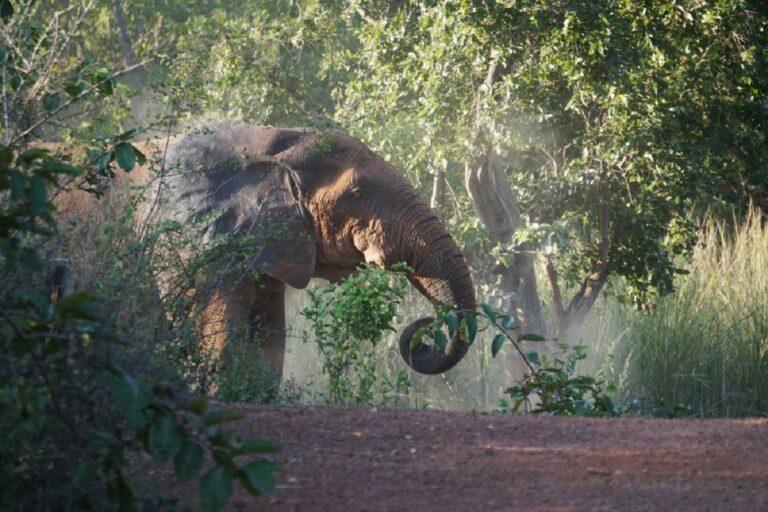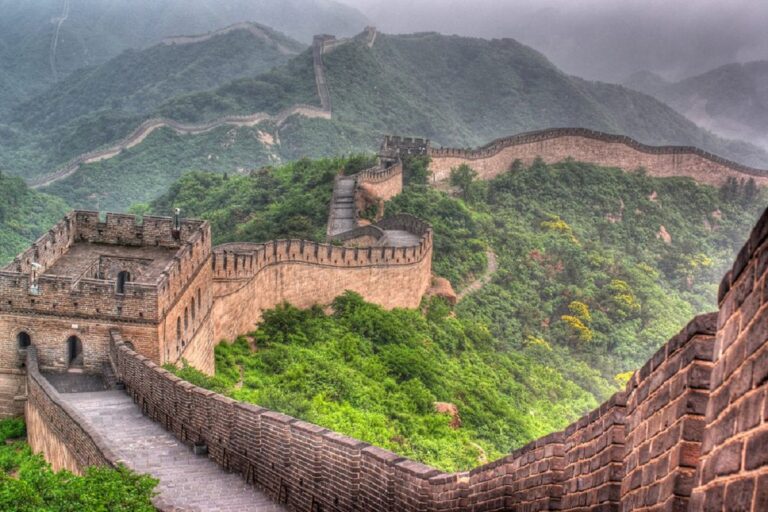Ultimate Guide to Top Things to do in Guyana
Guyana is a country located on South America’s North Atlantic coast. If you’re drawn to witnessing wildlife in their pristine natural surroundings, Guyana is a perfect destination. It has one of the last four great untouched rainforests on Earth.
It is a vital ecosystem teeming with a diversity of animals, birds, reptiles, amphibians, and insects. This remarkable environment is also home to indigenous tribes offering deep insights into the traditional Amerindian way of life. Beyond its vibrant wildlife and cultural richness, the landscape of Guyana is equally captivating.
You’ll encounter breathtakingly high waterfalls, expansive savannahs, and majestic mountains, all inviting exploration. With a variety of things to do it might be difficult on drawing the perfect itinerary. But worry not as we will delve into some things to do while in Guyana;
Kaieteur Falls

Kaieteur Falls are located in Kaieteur National Park and are one of the most spectacular waterfalls in the world. Standing at 741 feet, it is nearly five times higher than Niagara Falls and offers a breath-taking experience for travellers. To reach the falls, you can take a short flight from Georgetown, the capital of Guyana.
The journey provides breathtaking aerial views of the dense rainforest and winding rivers. Take guided tours on your arrival through lush landscapes including the rare golden frog and the Guianan cock-of-the-rock. The viewing platforms near the falls provide different perspectives, each more stunning than the last.
The roar of the water and the mist that rises create a magical atmosphere, making it a perfect spot for photography. Hiking trails around the area offer opportunities to explore the diverse ecosystem further, with knowledgeable guides sharing insights into the local biodiversity. It’s an unforgettable experience that showcases the raw, untamed beauty of Guyana’s interior.
Georgetown
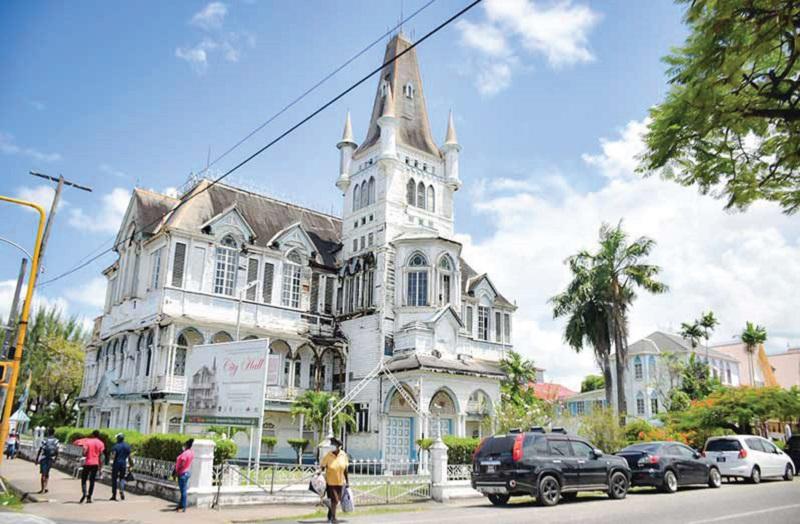
Georgetown is the capital of Guyana rich in history and culture. The city is filled with colonial architecture and wooden buildings that showcase a blend of Dutch and British influences. One of the highlights is St. George’s Cathedral, one of the tallest wooden churches in the world.
Its intricate design and stained-glass windows are an echo of the city’s architectural heritage. The National Museum of Guyana is another must-visit, offering insights into the country’s history, culture, and natural history. Exhibits range from Amerindian artifacts to colonial relics and displays on Guyana’s diverse ecosystems.
The busy markets, such as Stabroek Market, portray daily life in Georgetown. Here, you can find everything from fresh produce to handcrafted souvenirs. Interacting with local vendors offers a chance to learn more about Guyanese culture. Georgetown’s Botanical Gardens and Zoo are perfect for a leisurely afternoon. The gardens are home to a variety of tropical plants and bird species, while the zoo showcases native wildlife, including jaguars and manatees.
Amerindian Villages
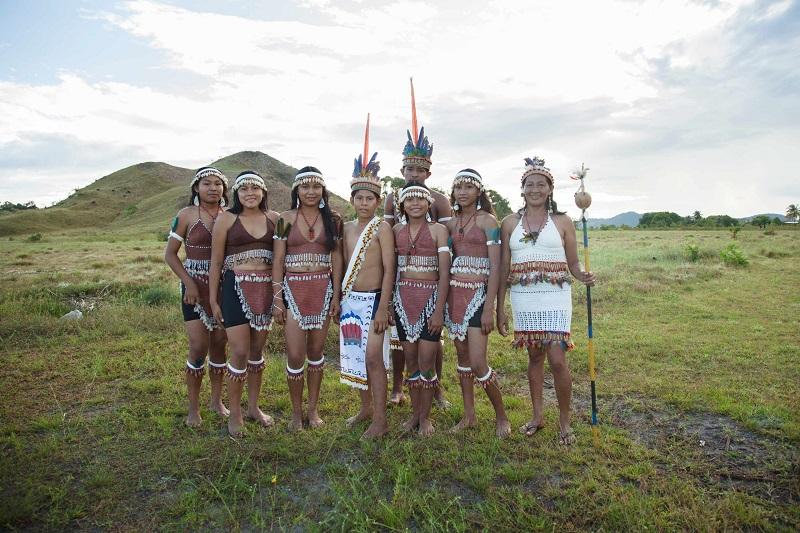
To truly understand Guyana’s cultural montage, take a visit to its Amerindian villages for an enriching experience. These communities, such as Annai and Rewa are deep within the interior, provide a glimpse into traditional ways of life that have endured for centuries. Each village has its own unique customs and traditions, preserved through storytelling, craft-making, and communal rituals.
In Annai, you can participate in pottery workshops where skilled artisans demonstrate the ancient techniques used to create intricately designed vessels. The craft of cassava bread baking also unfolds before guests, revealing the meticulous process of transforming cassava roots into a staple food. In Rewa, you may have the opportunity to witness traditional dances that celebrate harvests and hunting successes.
Homestays offer a genuine connection with local families. Guests share meals of pepperpot, a hearty stew—and freshly caught fish, cooked over open fires under the starry sky. Indulge in conversations with village elders about Amerindian cosmology and the spiritual significance of the rainforest. This highlights the profound relationship between these communities and their natural surroundings.
Engaging with Amerindian villagers not only fosters cultural understanding but also supports sustainable tourism practices that benefit local economies and preserve traditional knowledge.
Safari in Rupununi Savannah
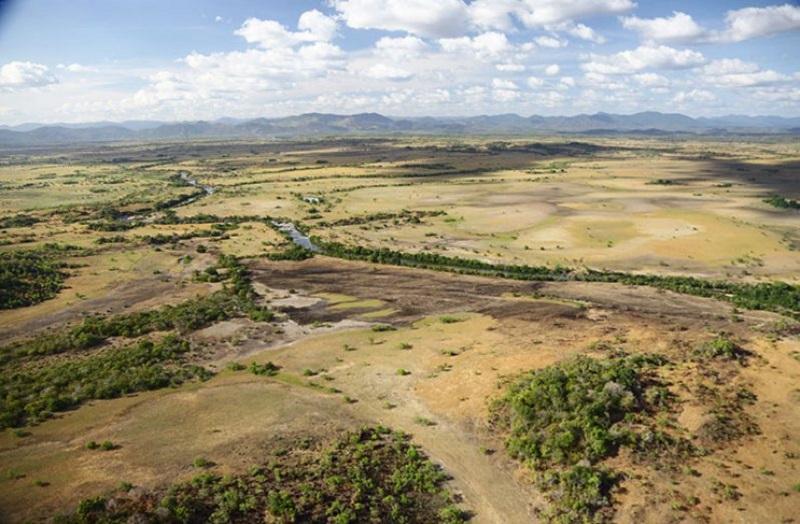
The vast Rupununi Savannah is a harbour for wildlife enthusiasts and cultural explorers. Stretching across southern Guyana, this expansive grassland ecosystem is dotted with scattered hills, pristine wetlands, and meandering rivers. The savannah flaunts Guyana’s biodiversity, hosting an variety of species and offering a glimpse into traditional indigenous life.
Safari tours in the Rupununi present opportunities to encounter some of South America’s most iconic wildlife. The savannah is home to the elusive jaguar, giant river otters, and the endangered giant anteater, roaming freely amid the grassy plains and riverbanks. Birdwatchers are treated to sightings of the crimson and azure plumage of scarlet ibises and the majestic harpy eagle soaring overhead.
The indigenous communities of the Makushi and Wapishana people have inhabited this region for centuries, maintaining a deep connection with the land and its wildlife. You can immerse in their rich cultural heritage. The locals teach traditional hunting techniques, participating in medicinal plant walks, and authentic Makushi storytelling around campfires under the starlit sky.
When to visit
The best time to visit Guyana is between late August and late September or in February and March. The reason for this is that the rainy season has already ended, everything is lush and green, and most Guyana tourist attractions will be open. There are two rainy seasons in Guyana to be aware of and they are mid-April to the end of July and mid-November to January.
Conclusion
Guyana, with its untouched landscapes and warm hospitality, invites travelers to embark on a journey of discovery. Whether exploring waterfalls, encountering wildlife or delving into colonial history, each experience promises to deepen your appreciation for this hidden gem of South America. Embrace the adventure and uncover the secrets of Guyana.
